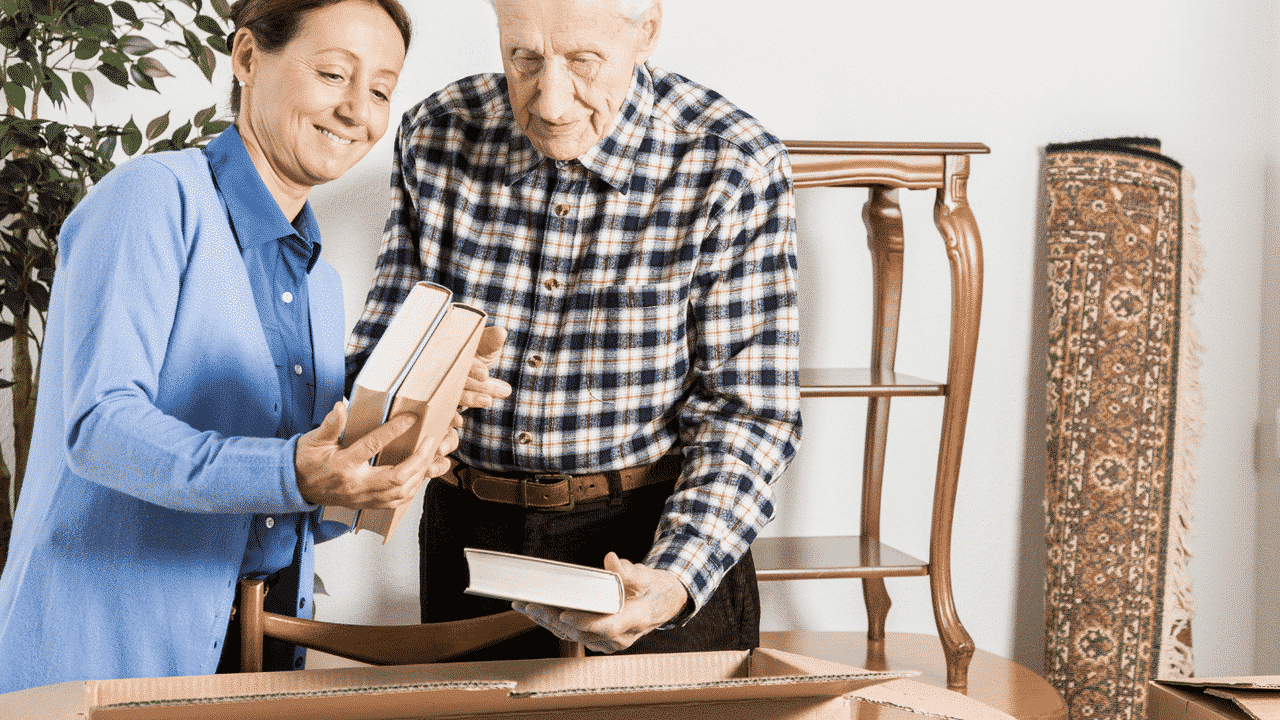There may come a time when you’re faced with the conversation of talking with your aging parents about moving into a senior living or assisted living community. Many people dread this conversation.
Even simply starting the conversation can bring up all sorts of worry and feelings of guilt and shame.
If you’re facing this situation, it can help to prepare. In today’s episode, I share:
- 6 Strategies for setting yourself up for success with the senior living discussion
- Examples of how to start the conversation
- Tips for managing escalation of emotions during this talk
- How to go about finding senior housing or assisted living communities
- The importance of taking care of yourself through it all.
Here’s a peek inside the episode:
- [02:22] Strategy 1: Prepare for the right time and place for this conversation
- [03:34] Strategy 2: Start this conversation earlier than you think you need to
- [04:50] Strategy 3: Have this conversation during a neutral time
- [05:39] Strategy 4: Choose in your family who might be the best messenger
- [06:38] Strategy 5: Ask your loved one about their wishes.
- [08:28] Strategy 6: Work together as a team





